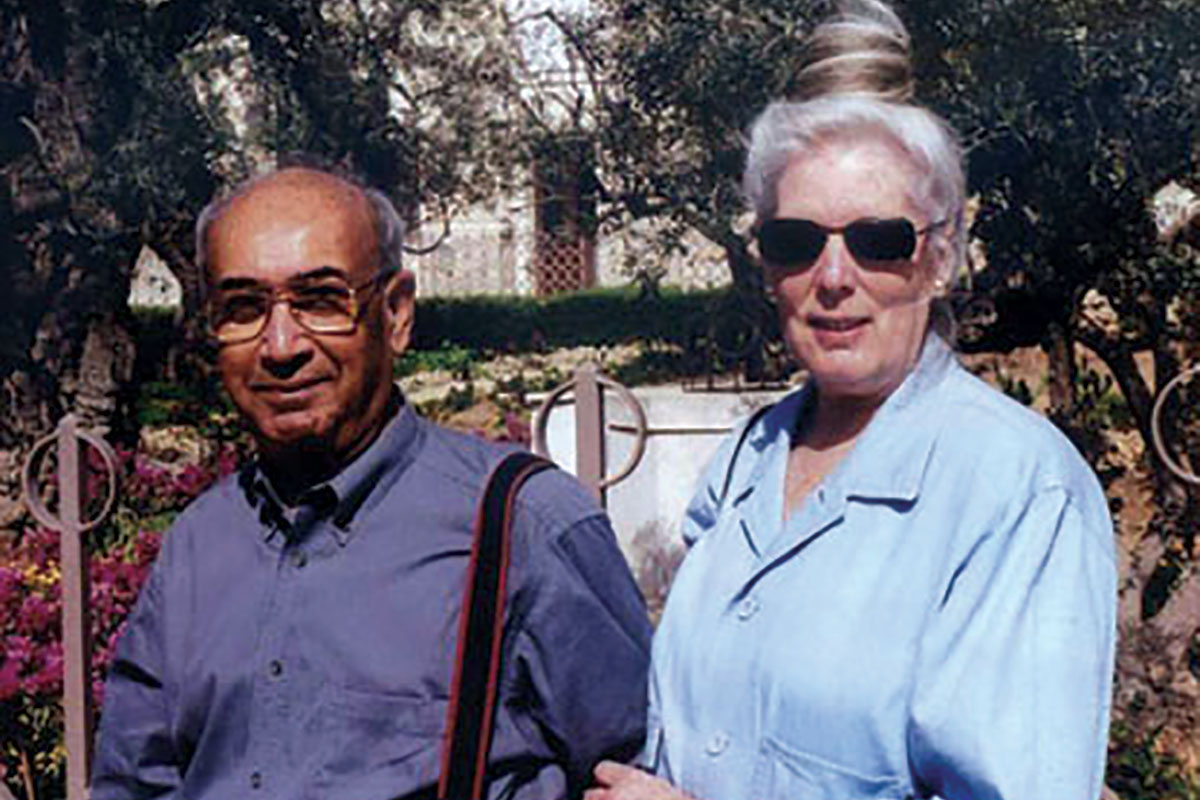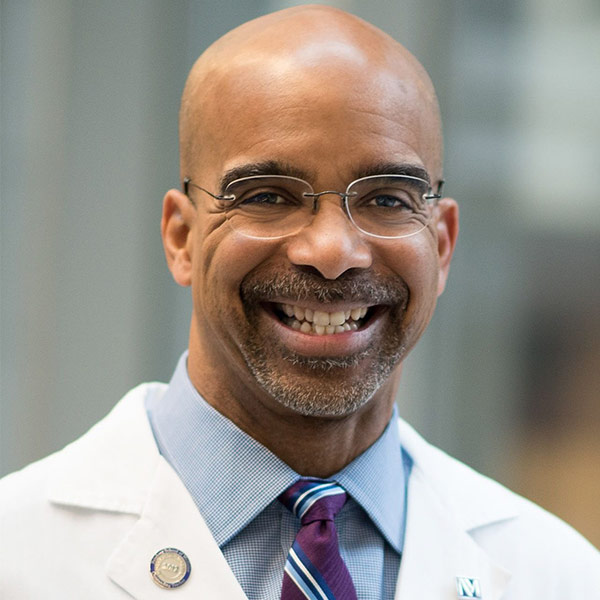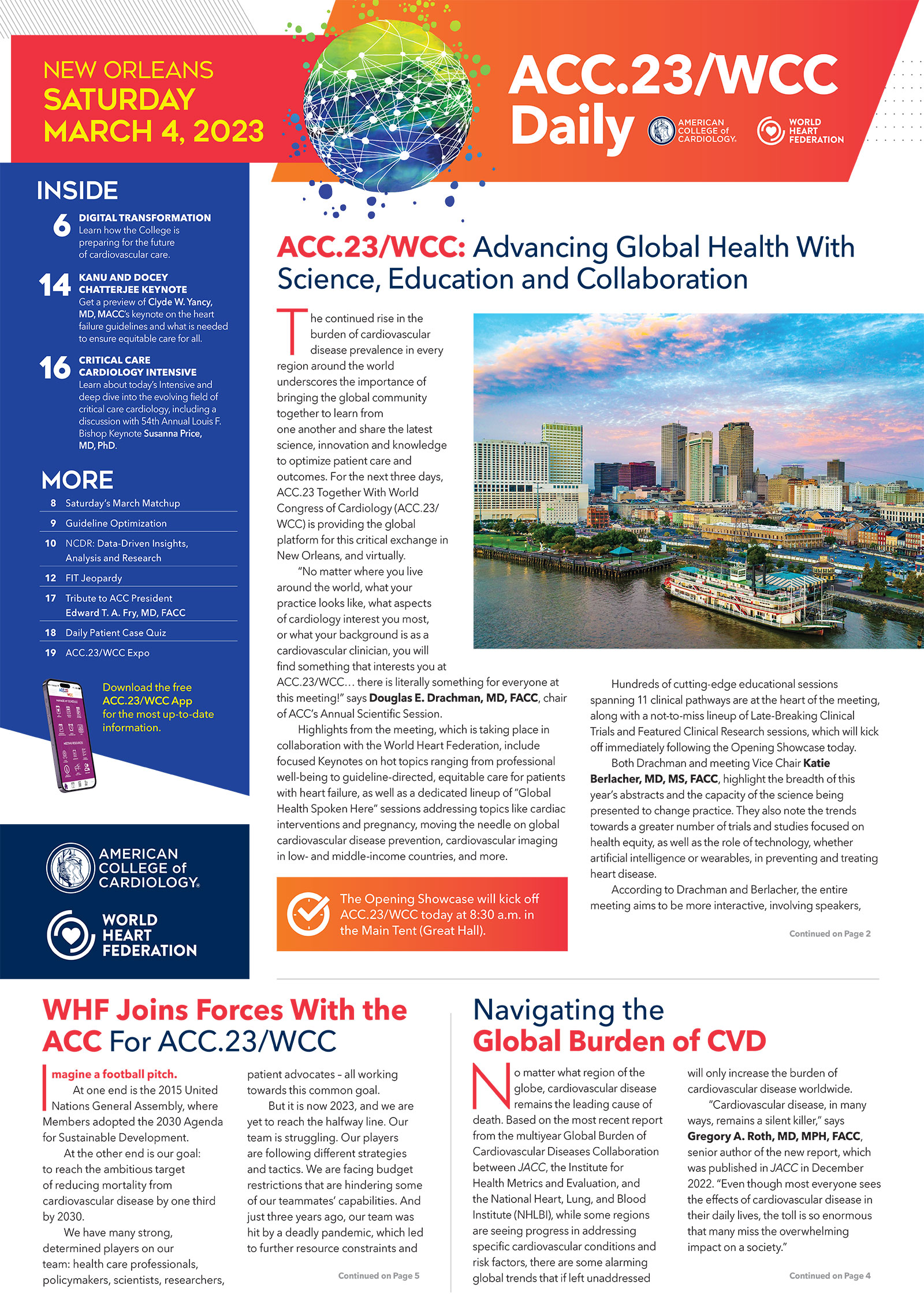Kanu and Docey Chatterjee Keynote: HF Guidelines and Ensuring Equitable Care For All

Clyde W. Yancy, MD, MACC, the Magerstadt Professor of Medicine at Northwestern University Feinberg School of Medicine, says he is "humbled" to present tomorrow's Kanu and Docey Chatterjee Keynote. "I personally knew Kanu and Docey Chatterjee," said Yancy. "Kanu's attributes were clear: insightful, inquisitive, patient-centered and a talent at the bedside. Docey was a champion of equity. Together, they were quite remarkable." Yancy spoke with ACC.23/WCC Daily about the goals of his keynote.
What are the key themes you will address in your Keynote?
I think Dr. Chatterjee would be thrilled to know we have so many options to treat heart failure (HF) and so much more clarity about the condition. The first big theme is how far we have come. Kanu was an early thought leader in HF. Both the evidence and science, some of which he pioneered, have evolved. I think he would be awe-struck but would also hold us accountable to prove the effectiveness of our new understanding and new therapies.
The second theme is how much more we need to learn. We in academic medicine embrace a certain restlessness, Kanu knew about this, always wanting to know why, always pressing our edges and racing to the next question. He was restlessly curious wondering how we identify the new direction in our understanding.
The third theme, which almost assuredly would be endorsed by both Kanu and Docey, is providing the best care for all persons affected with HF regardless of the circumstances. Now adding my own lens, can we actually use HF as the "shark tank," as the laboratory, to drive health equity?
What are the role of guidelines in helping to achieve health equity?

... Can we actually use HF as the 'shark tank,' as the laboratory, to drive health equity?
– Clyde W. Yancy, MD, MACC
Guidelines are intended to take a known evidence base, synthesize it and then depict the synthesis in a hierarchical system that identifies what is recommended, what should be considered, what's not likely to benefit and what's potentially harmful. They become the template against which all other management and treatment efforts in clinical medicine are guided.
Our guidelines achieve this high bar, but the next dimension is very important – implementation. It is implementation that allows us to best relieve symptoms, attain best outcomes and achieve health equity. Failure to do so allows persistent health disparities. To accomplish this bold goal, we must master a new brand of behavioral science, explore new technologies and expand our understanding of the social construct. This is the challenge that awaits.
What are the drivers of disparities in HF care and how do they impact outcomes?
Particularly in younger black men, hospitalization rates are higher and mortality at a younger age may be higher compared with all other groups. It is incumbent upon us to understand this new epidemiology and explore the relevant clinical science with the goal of narrowing these deltas – i.e., morbidity and mortality – as a function of race.
We have the evidence that indicated drugs and devices work across all populations. Treatment efficacy is not the question. The question is how best to accomplish or implement optimal care. This is where an implementation strategy and behavior change for health systems, physicians, providers and patients make a big difference.
How can cardiovascular professionals change the trajectory for individual patients and overall?
The Kanu and Docey Chatterjee Keynote: "2022 Heart Failure Guidelines… What is Needed in 2023 and Beyond to Ensure Equitable Care for All Patients?" will be presented from 8–9:15 a.m. Sunday, March 5 in Room 252.
It is fallacy to believe that the root causes of health inequities are too big and complex for cardiovascular professionals to manage. In fact, there is no better health care advocate and in turn no better health policy advocate than the physician at the bedside who sees the heft of health care inequities.
We have a voice and can use our voice to advocate for what's right, for community-based resources – e.g., fresh fruits and vegetables, safe places to exercise, strong anti-tobacco positions and more economic opportunities in at-risk communities. We can either exercise our voice early on and help create safe communities, or we can exercise our skills later on and deal with an overwhelming burden of disease that will be both relentless and costly.
It is short-sighted to think that this is not part of our concern. In fact, it should be one of our greatest concerns. I am certain both Kanu and Docey would agree.
Remember this: poor public policy yields poor health policy and yields poor health outcomes. In today's increasingly interconnected world, poor health in any one of us affects the health and health care of everyone one of us. Indeed, let's make HF the laboratory and illuminate the path to health equity.
Clinical Topics: Heart Failure and Cardiomyopathies, Acute Heart Failure
Keywords: ACC23, ACC Annual Scientific Session, ACC Scientific Session Newspaper, ACC.23/WCC Meeting Newspaper, Heart Failure, Health Policy, Hospitalization
< Back to Listings

